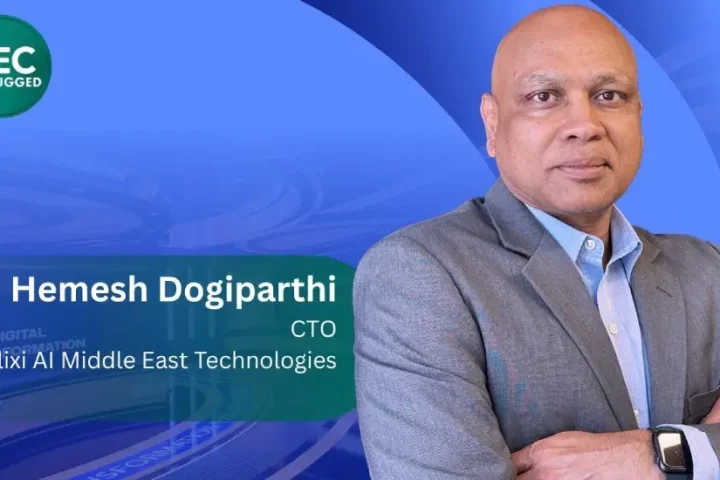Many organisations have had to reinvent themselves as part of digital transformation and as a result of that, so have the employees. New roles, new functions and new skills are required to operate in a digital first, customer centric environment.
Automation and digitalisation of processes have meant that manual, repetitive tasks have been eliminated and, in some cases, due to the advancement of customer maturity or the products and services being offered, many traditional activities or actions are no longer required.
Technology teams, and the CIO specifically, are now finally back at the table and have a voice, so much so that alignment with the business as an enabling function is a key difference from the old to the new structure.
Teams are multi-functional and multi skilled, both in technology and business acumen, often forming on demand, as projects and programs are initiated. Consumer software in the enterprise is the norm.
It takes less effort to manage and operate from technology teams. As a consequence, the ability to reskill, adapt and adopt these new technologies are critical success factors and challenging traditional operating structures of the past.
The ability to be agile and adapt, be open minded and to think laterally are all essential elements of a culture where you are trying to challenge the norm and how it has always been done is no longer acceptable.
The modern employee or new hire comes to the table with a different perspective, expects more input and influence in key decision making and ethically challenges the why and not just the how. Solving existing or traditional problems with a new approach or outside in thinking enable an organisation to see new ways of working and criteria for success, which they may not have done previously.
Digital literacy, algorithmic and analytical thinking and service brokering integration are all key skills the future employees will need.
Traditional infrastructure skills will fall by the way side as the public cloud removes the need for the overhead that legacy technology demands. Customer journey mapping and experience designers will play a huge role in transforming the way an organisation works to support its customers and their outcomes.
The task-based economy is with us, and employees of today and the future are very much focused on the tasks at hand or due for immediate delivery. They expect to be judged based on outcomes as opposed to long winded process.
Many will see the list of interactions or projects as their ongoing and ever-changing measure of success and being tied down too long at a single company will be like they have stalled and not progressed or improved.
Mobility is a major influencer—the ability to move and change as needed, or as desires and opinion changes, sometimes with political movements, are things the next generation feel empowered to do.
Efficiency, customer alignment and adaptability are critical attributes for any organisation that wants to have success in their digital transformation efforts.
It is critical to have the ability to move with the times, bring products and services to market in a timely and fast manner, align to customer needs, wants and desires, but as importantly, use technology to meet the customer where they are, where they want to be, and how they want to be met, on the device of their choice.
Key takeaways
- Digital literacy, algorithmic and analytical thinking and service brokering integration are key skills the future employees will need.
- Traditional infrastructure skills will fall by the way side as the public cloud removes the need that legacy technology demands.
- Customer journey mapping and experience designers will play a huge role in transforming the way an organisation works.
- The ability to be agile and adapt, be open minded and to think laterally are essential elements of culture.
Customer facing and agile businesses will transform legacy job roles into those based on outcomes and multi-functional skills.



















